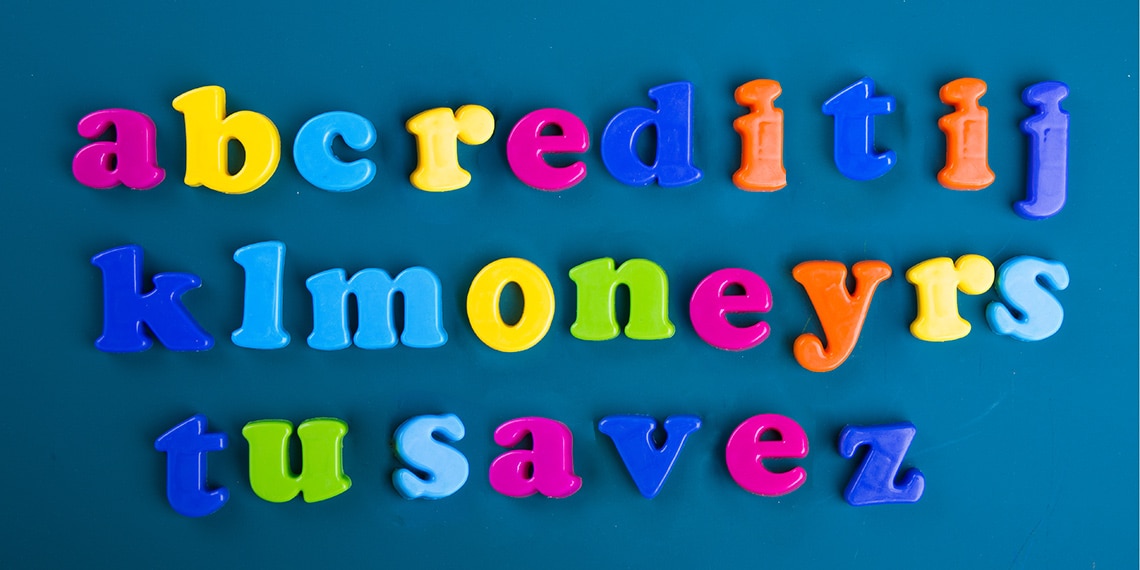
Ready to brush up on your money skills? Financial literacy is an essential life skill, and this quiz will help you to see where you stand. It doesn’t entail complicated economic concepts or investing techniques—just the money skills needed to navigate normal life, like handling credit cards, mortgages and savings. Making smart decisions about your money is what financial literacy is all about.
“Fundamentally, [financial literacy] is being able to comprehend the everyday money challenges that you encounter,” says Gerri Walsh, senior vice president for investor education and president of the FINRA Investor Education Foundation.
So do you know the basics of financial literacy? Take the quiz to find out which topics you may need to study up on to gain understanding, confidence, or both.
-
1How much money should you have in an emergency savings fund?
Answer C.Store up three months of living expenses for a rainy day fund and keep that money liquid in a checking account or money market account.
-
-
2People who have an emergency savings fund are less likely to fall into a cycle of debt.
Answer A.True, says Walsh. Building up your savings requires sticking to a budget so you have money to set aside—a good money habit. Plus, once your emergency fund is in place, it can help protect you from job loss, unexpected medical bills or other financial emergencies without resorting to high-interest lending.
-
-
3Let’s say your savings account earns 2% a year. If you have $100 in the account, how much will you have after 5 years?
Answer C.This question, adapted from FINRA’s study, highlights the concept of compound interest. Your $100 will earn 2% in the first year, but the following year you’ll earn that 2% on your new total of $102 and so on every year after that.
-
-
4For which items should you comparison shop?
Answer D.Comparison shopping is one of the best ways to save money. Look at the fees on financial products, compare the terms on credit cards and, yes, shop around for big (and small) ticket items.
-
-
5Having all your investments in one stock is riskier than having all your money in one mutual fund.
Answer A.While you can choose a high-risk strategy if you’d like, the important concept in this question to understand just how much risk you’re exposed to. In this example, if that stock suffers a 20% loss, your entire investment portfolio will suffer a 20% loss. In a mutual fund, your money is spread across stocks, meaning there’s less risk from a single market event.
-
-
6If inflation is 2% and your savings account is earning 1%, in one year will your buying power be more or less than it is today?
Answer B.This question, adapted from FINRA’s study, introduces the concept of inflation. If inflation is outpacing the interest your money is earning, you will be able to buy fewer good and services with the same amount of money.
-
-
7What percentage of Americans have investment accounts outside of retirement accounts?
Answer B.Just 3 in 10 Americans are investing outside of their retirement accounts. What you need before you invest: a solid understanding of risk, persification and, of course, the capital to invest.
-
-
8Men score higher than women on financial literacy tests. Is that gap increasing or decreasing in the millennial generation, as compared to older generations?
Answer C.The investing knowledge gap between men and women is decreasing. But there’s one standout reason, according to the FINRA study, that men outperform women: just ping in. Women were more likely to answer “I don’t know” in the FINRA study, and therefore scored lower overall, despite answering fewer questions incorrectly.
-
A note of caution: We’re a confident culture when it comes to assessing our own financial literacy, Walsh says, and yet nearly two thirds of Americans were unable to answer more than 3 of 5 questions correctly on FINRA’s financial capability study.
How did you do?
Julie Anne Russell is a Brooklyn-based freelance journalist. She writes on personal finance, small business, travel and more.
Test your knowledge with this quiz about online-only banks.

